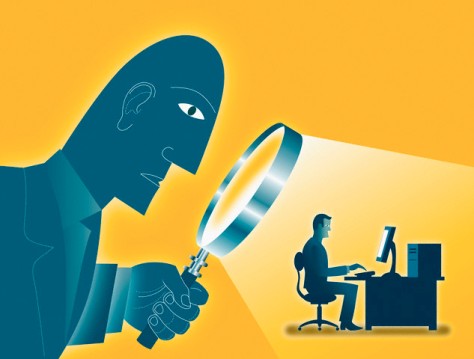This week’s topic revolved around ethics in social media and internet use itself. For a lot of students in this module, one of the things that came to mind was Justine Sacco’s tweet that gave her worldwide notoriety. This tweet gained traction across the internet for it being ludicrously racist. As a result, the whole internet criticized her for posting something so racist and called for her employer to fire her.
I read in Leah’s blog about how the event came to be, thanks a to TED talk video on that blog post. Justine only had 170 followers on Twitter at the time the tweet was posted. One of her followers leaked the tweet to a journalist who then spread it even further. In the space of ten days in December, Justine Sacco was googled over a million times. This example shows how quickly something can get around the web and that people who post things on social media need to be careful as one of their ‘followers’ or friends’ could leak your post you found to be funny, while the whole internet finds it offensive. Things on the internet can spread like a disease and before you can explain your racist post, you’re vilified by the whole world.
Tom‘s blog looked at the idea of ethically tracking personal data with companies. I did something similar to this, but Tom looked at how companies track what websites we visit and anonymise the searches so that it no longer ‘constitutes’ personal data. Even though it improves service, a company can look at my browser history without my consent. We both discussed how an employer can spy on their employee through the company bandwidth, which is something that needs to be thought about whoever is working in an office.
Word Count: 297
Blogs commented on:
https://tomburrellblog.wordpress.com/2015/11/22/ethics-of-tracking/comment-page-1/#comment-22


